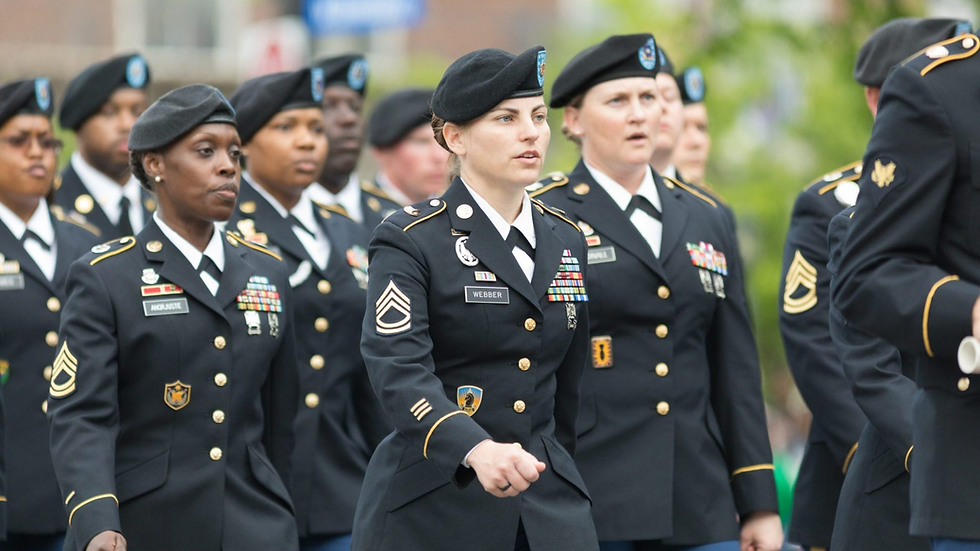Women, Peace and Security in Brazil: Progress at a Crossroads
- Jul 22, 2025
- 3 min read
Updated: Sep 24, 2025

When General Laura Richardson assumed her position as commander of United States Southern Command (SOUTHCOM) in 2021, one of her priorities was to conduct key leader engagements (KLEs) with partners in Latin America and the Caribbean. These engagements included high-level Women, Peace, and Security (WPS)-specific activities with senior leaders. Her team’s efforts to discuss WPS on her first KLE in Brazil were met with resistance from Brazil’s Ministry of Defense. While some U.S. officials stationed there reasoned that the military lacked sufficient time to adequately prepare for the engagement, Brazil’s response suggested an apprehension within the military ranks to fully engage in WPS other than in themes related to peacekeeping. Eventually, a modest roundtable took place; mostly mid-level officers attended. Brazil’s posture sent a clear message that its military was not invested in WPS at the strategic level.
Like many other countries, including the United States, Brazil has taken two steps forward and one step back when it comes to furthering gender equality in support of national security. While rhetorical support comes easily, including the passage of the 2017 U.S. Women, Peace and Security Act, implementation has been slow and cumbersome. As of 2024, for example, U.S. efforts to educate those in the U.S. Department of Defense (DOD), one of four U.S. organizations specifically charged with implementing the act, remain nascent despite clear evidence linking gender equality and national security. As of April 2025, U.S. Secretary of Defense Pete Hegseth announced on social media that he was canceling the Women, Peace, and Security program. Official reiteration of that intent is expected to follow. Globally, the gap between rhetorical support for supporting gender equality and funding efforts to do so remains significant.
Decades of empirical research demonstrate the linkage between gender equality and national security. For example, researchers Mary Caprioli and Mark Boyer began looking at the linkage between gender, violence, and international crisis in 2001. They found that the severity of violence in crisis decreases as domestic gender equality increases. In 2005, Caprioli continued that research, looking at the role of gender inequality in predicting internal conflict, controlling for other possible influences on domestic conflict, including “transitional polities, polity type, Gross Domestic Product (GDP) per capita, GDP per capita growth rate, prior domestic conflict, peace years, and the existence of and number of at-risk minorities.”
Caprioli found that states characterized by gender inequality are more likely to experience intrastate conflict. Political scientist Valerie Hudson and a team of multidisciplinary researchers found that states ranking high on gender inequality metrics were more than twice as likely to be fragile states, more than three times as likely to have a more autocratic, less effective, and more corrupt government, and more than one and a half times as likely to be violent and unstable than countries with strong gender equality. These numbers make the link between gender equality and good governance associated with national security difficult to deny. Hence, we must take solid steps forward when it comes to the meaningful inclusion of women in defense and security and society at large.
Recently, Brazil began drafting its second National Action Plan for implementing the Women, Peace, and Security framework to address issues associated with gender equality and work toward good governance, which would ultimately contribute to peacemaking at the individual, communal, national, and international levels. Whether the upcoming National Action Plan will be any more successful than the first remains to be seen, especially in the face of significant structural and cultural barriers. This analysis indicates Brazil’s modest but gradual progress regarding WPS despite recurrent setbacks over the past years, as evidenced by ongoing issues in three areas: women’s participation in the military, women’s participation in peacekeeping, and women’s agency.





Comments